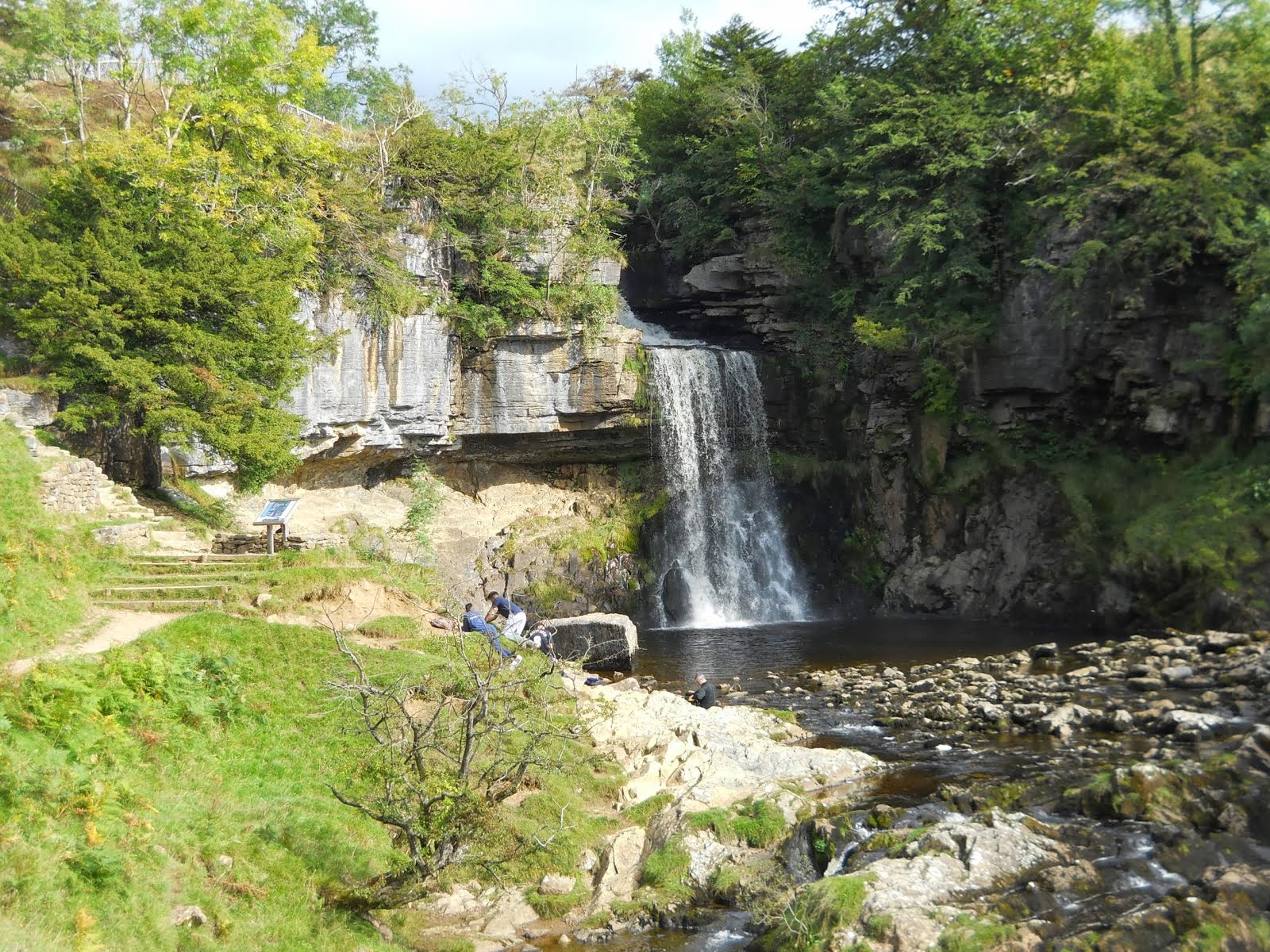 Internal exams are over - hoorah! - and you have a week of rest and recuperation - so what have you missed this week whilst revising?
Internal exams are over - hoorah! - and you have a week of rest and recuperation - so what have you missed this week whilst revising?Britain's largest wind farm was switched on - hear more at this link or fly over it by clicking this link.
The oldest and largest trees within California's world famous Yosemite National Park are disappearing - find out why by clicking this link.
Britain's beaches are getting dirtier - so look at the Marine Conservation Society web page to check out the quality of the beach you plan to go to.
Other than these it's been quite quiet!
Have a good half term.



















